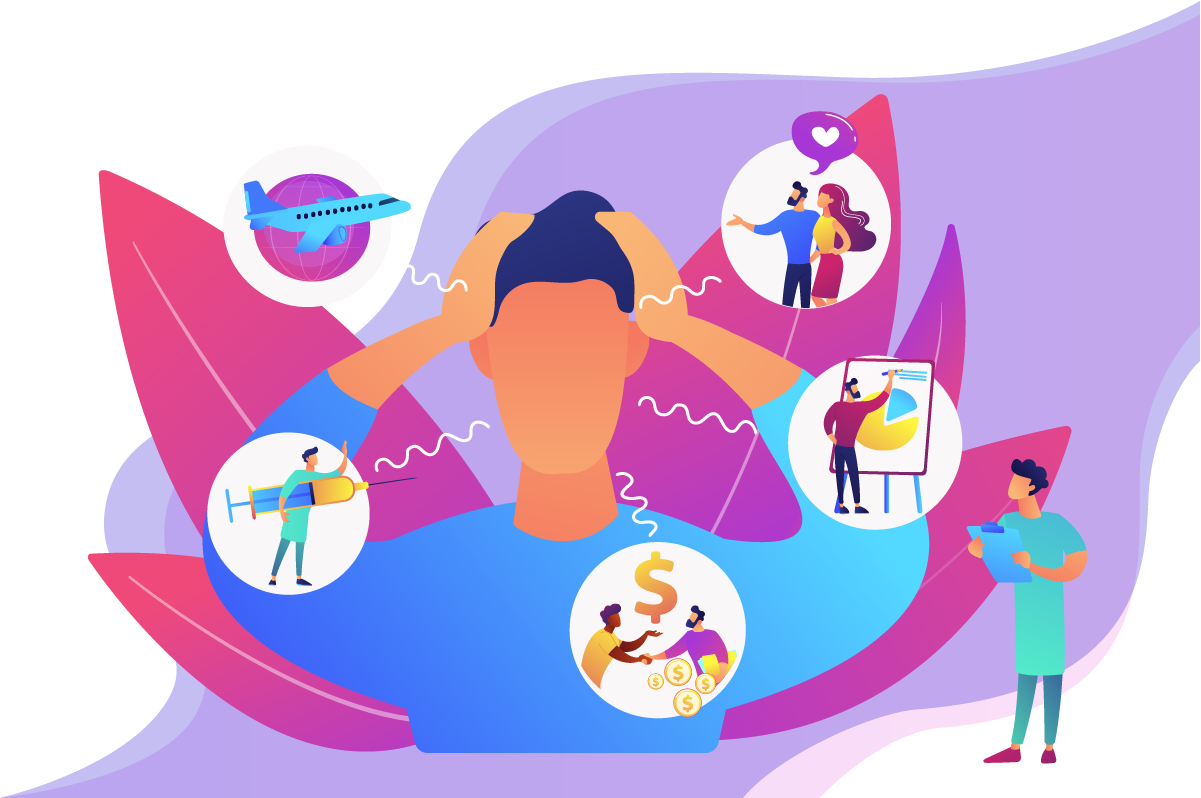
Anxiety
Anxiety is usually characterised by feelings of worry, general unease and apprehension in light of past or future events. Sleep is often hard to come by, which can exacerbate feelings of dizziness, irritability and a general sense of foreboding.
Anxiety is usually characterised by feelings of worry, general unease and apprehension in light of past or future events. Sleep is often hard to come by, which can exacerbate feelings of dizziness, irritability and a general sense of foreboding.
Anxiety may be due to a bout of mental illness or concern about the state of one’s life. Sufferers may feel overwhelmed and panicky, so in therapy, sufferers are helped to develop coping mechanisms. Talking therapy, mindfulness, Cognitive Behaviour Therapy and hypnosis can all be useful. In the short to medium term, additional medication may also help.
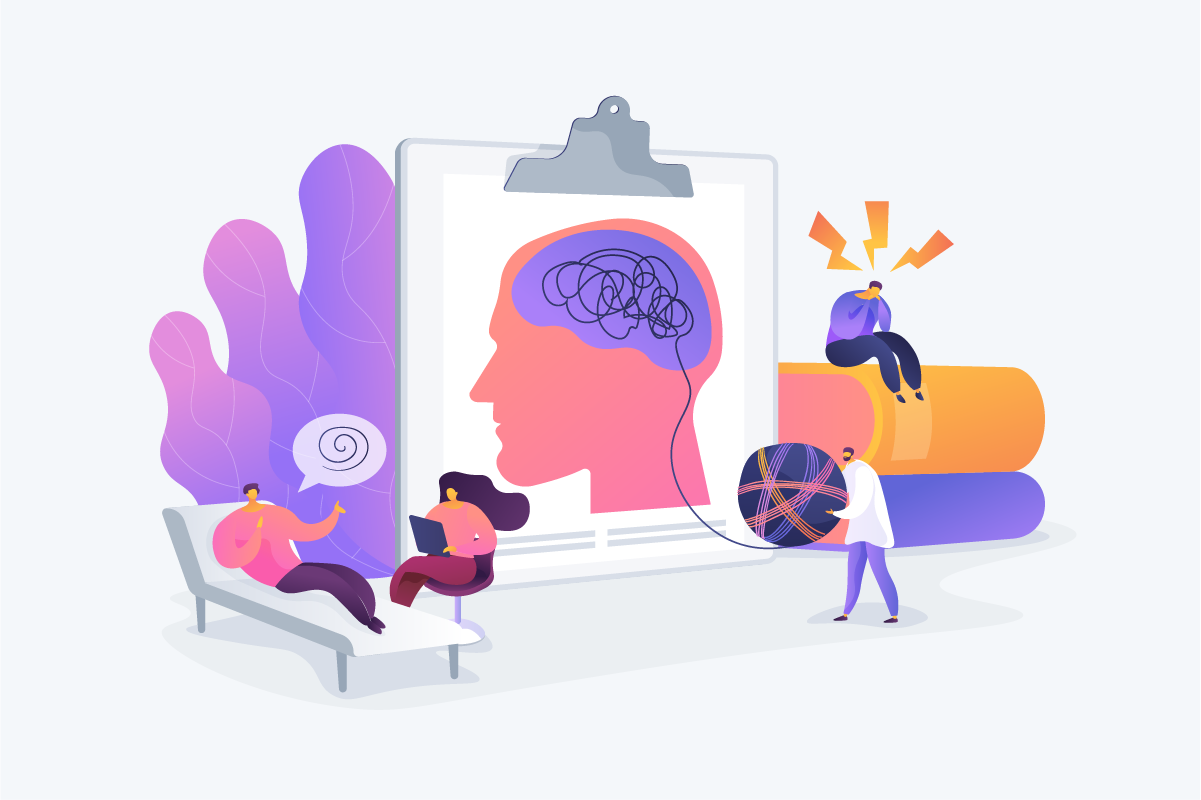
Depression
Most of us feel down from time-to-time. However, those with depression constantly feel lethargic and sad for some days and, on occasions, for months at a time. Depression affects almost every part of our lives. It is a proper illness. Depression is not a sign of weakness and not something that we can snap out of.
Most of us feel down from time-to-time. However, those with depression constantly feel lethargic and sad for some days and, on occasions, for months at a time. Depression affects almost every part of our lives. It is a proper illness. Depression is not a sign of weakness and not something that we can snap out of.
Mild depression – or simply feeling down – may affect some people for a short period of time. But for sufferers of more severe depression, their everyday lives become severely affected, and even the simplest tasks become impossible. This could be for a few days, or even months at a time.
Therapy helps sufferers talk through their struggles as well as find suitable treatment for them. Talking therapy, mindfulness and Cognitive Behaviour Therapy (CBT) are all useful and may be used in conjunction with medication such as antidepressants. An understanding therapist can help guide sufferers towards the right path of recovery in a nurturing and caring environment.
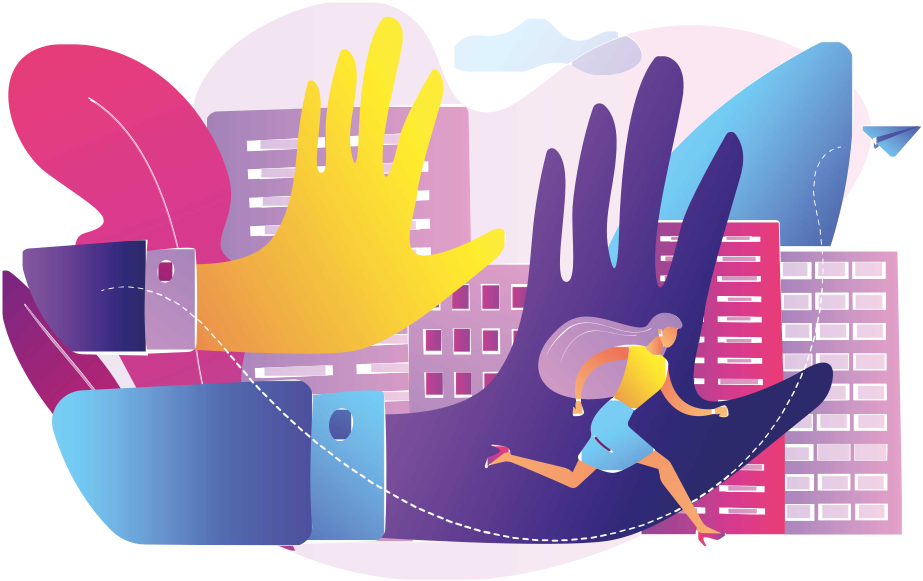
Abuse and Violence
Abuse can come in many forms. If other people’s treatment of you harms or hurts you, then you may be suffering from abuse. You may be experiencing emotional, physical or sexual exploitation. Any form of abuse can trigger psychological distress, confusion and physical pain
Abuse can come in many forms. If other people’s treatment of you harms or hurts you, then you may be suffering from abuse. You may be experiencing emotional, physical or sexual exploitation. Any form of abuse can trigger psychological distress, confusion and physical pain
People often suffer more than one type of abuse at any one time. For example, somebody in a physically abusive relationship may also be suffering from emotional abuse. Abuse can occur within any relationship; this may be at work, in the home or socially. You do not have to stand for abuse or suffer its consequences.
Therapy will address your feelings and work with them. You will be helped to improve your self-image, your coping mechanisms and escape the abuse.
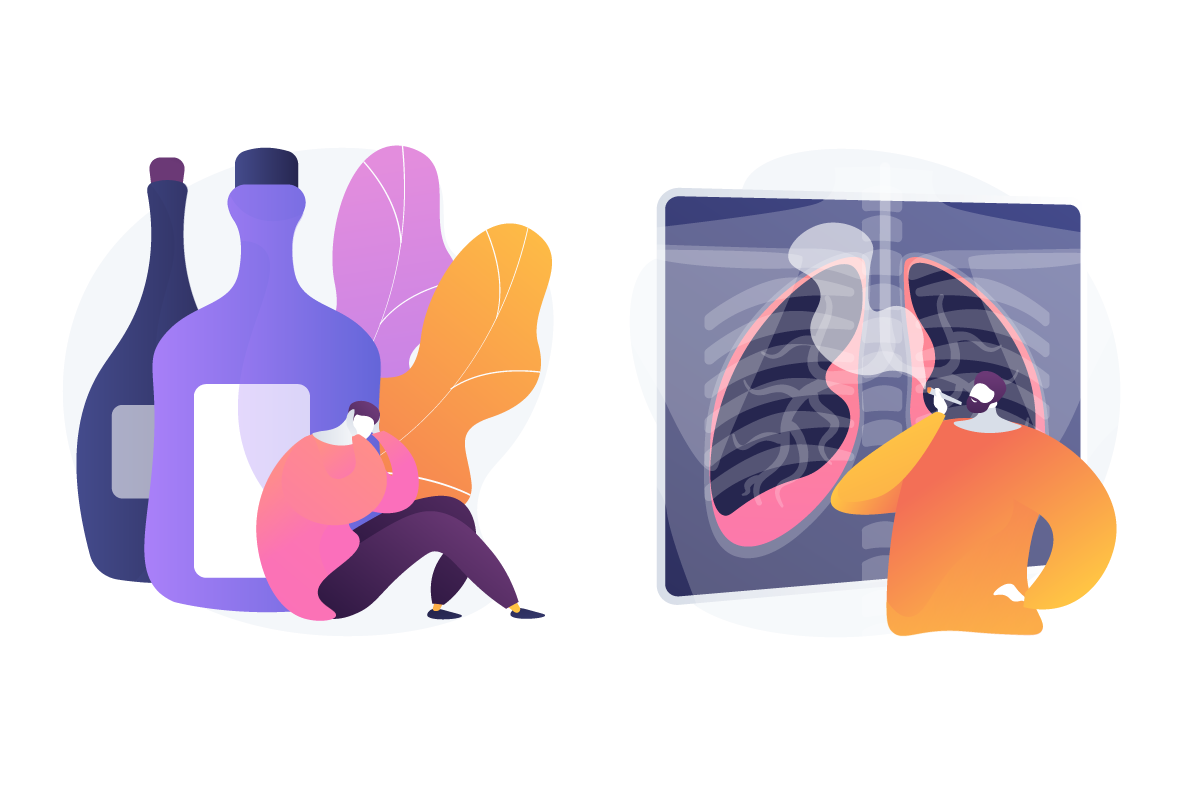
Addiction
There are many types of addiction: addiction to substances, electronic devices, sexual activities and even addiction to work. All addictions are treatable. Treatment will involve refocusing your approach to addiction, developing a withdrawal programme and then – if appropriate – re-engaging with a previous addiction in a way that can be easily managed and allow for social interaction.
There are many types of addiction: addiction to substances, electronic devices, sexual activities and even addiction to work. All addictions are treatable. Treatment will involve refocusing your approach to addiction, developing a withdrawal programme and then – if appropriate – re-engaging with a previous addiction in a way that can be easily managed and allow for social interaction.
Treatment will address both the emotional and psychological effects that occur when dealing with addiction withdrawal. Addiction feeds the pleasure receptors in the brain, so curbing the addiction often brings on anxiety, depression, mood swings and irritability until the joy of release from addiction takes over.
Reforming addicts – especially those stepping away from substance abuse – may also display physical symptoms such as sweating, sleeplessness, muscle spasms, periods of unexplained pain and even an erratic heart rate. Severe withdrawal symptoms rarely last beyond a week and are very rarely life-threatening (certainly far less life-threatening than the addiction itself).
Where necessary, therapists will work with a doctor so that medication and therapy can work together to help you get through the worst of the withdrawal. Reframing techniques, such as Cognitive Behavioural Therapy (CBT), hypnotherapy and mindfulness, are often used to help sufferers remain permanently free from previous addictions.

Anger Management
Uncontrollable anger is a problem for the sufferer themselves, those in their environment and especially for those in a close relationship with them. While anger itself is a normal emotion, overly aggressive, violent or threatening behaviour is both a personal and a social problem, which frequently leads to relationship breakdowns, legal difficulties and the inability to fully function as a member of society
Uncontrollable anger is a problem for the sufferer themselves, those in their environment and especially for those in a close relationship with them. While anger itself is a normal emotion, overly aggressive, violent or threatening behaviour is both a personal and a social problem, which frequently leads to relationship breakdowns, legal difficulties and the inability to fully function as a member of society
Those who suffer with anger management issues often use their anger as a façade to hide their own feelings. Anger is frequently turned inwards, so that while a person seems normal enough on the outside, on the inside they may be distraught about personal issues and the state of their world. Internal anger management has powerful knock-on effects such as personal loathing, addiction and eating disorders, which may lead sufferers to self-harm.
Anger is a disruptive emotion that affects the ability to think clearly. Frequent and uncontrollable anger can lead to impulsive and erratic behaviour. Therapy helps people find the root cause of anger so that the sufferer can develop methods to predict, understand and control outbursts. In this way, true anger management becomes possible.
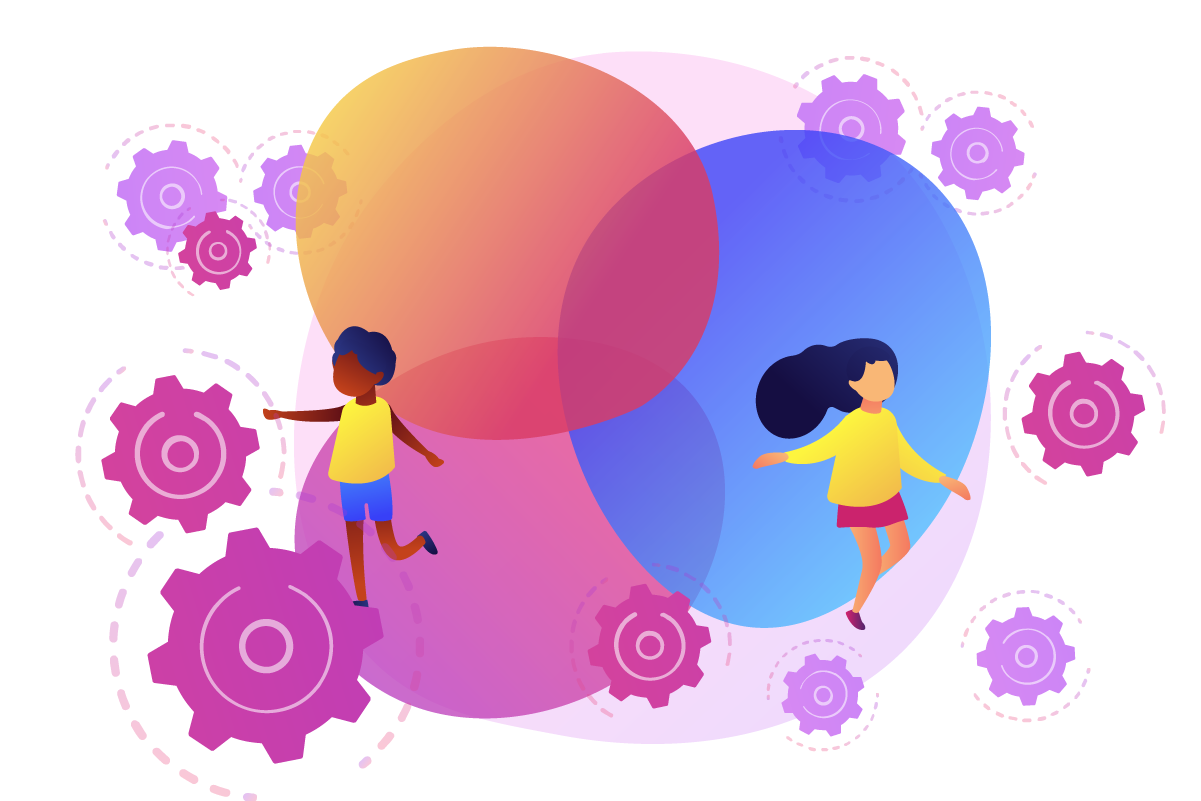
Attention Deficit Hyperactivity Disorder (ADHD)
Attention Deficit Hyperactivity Disorder (ADHD) – or Attention Deficit Disorder (ADD) – is a condition that makes it difficult for people to control their responses. ADHD often manifests itself in early childhood and has wide-ranging effects. People may suffer from a lack of attentiveness, persistent restlessness or display involuntary physical ticks
Attention Deficit Hyperactivity Disorder (ADHD) – or Attention Deficit Disorder (ADD) – is a condition that makes it difficult for people to control their responses. ADHD often manifests itself in early childhood and has wide-ranging effects. People may suffer from a lack of attentiveness, persistent restlessness or display involuntary physical ticks
Treatment can be entirely therapeutic or a combination of therapy and medication. Medication provides a temporary fix and extra support while therapy helps sufferers work towards a more permanent cure.
Therapy usually involves behaviour management. Where children are involved, a reward-based system is often established to encourage a child to control their ADHD. With adults, rewards are more intrinsic and geared towards achieving life goals and consistent victories over the effects of ADHD.

